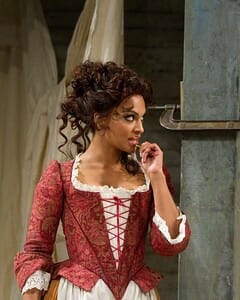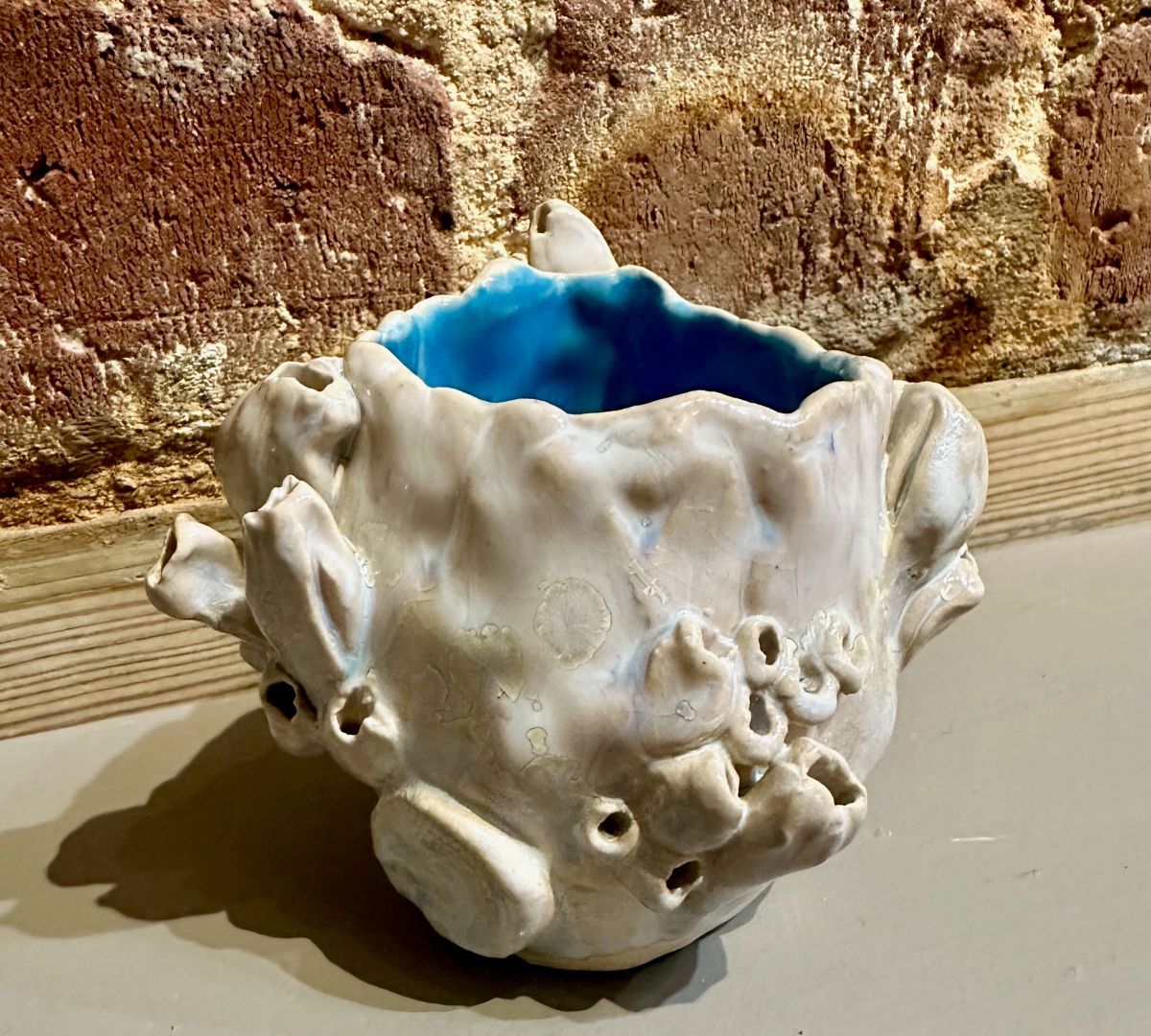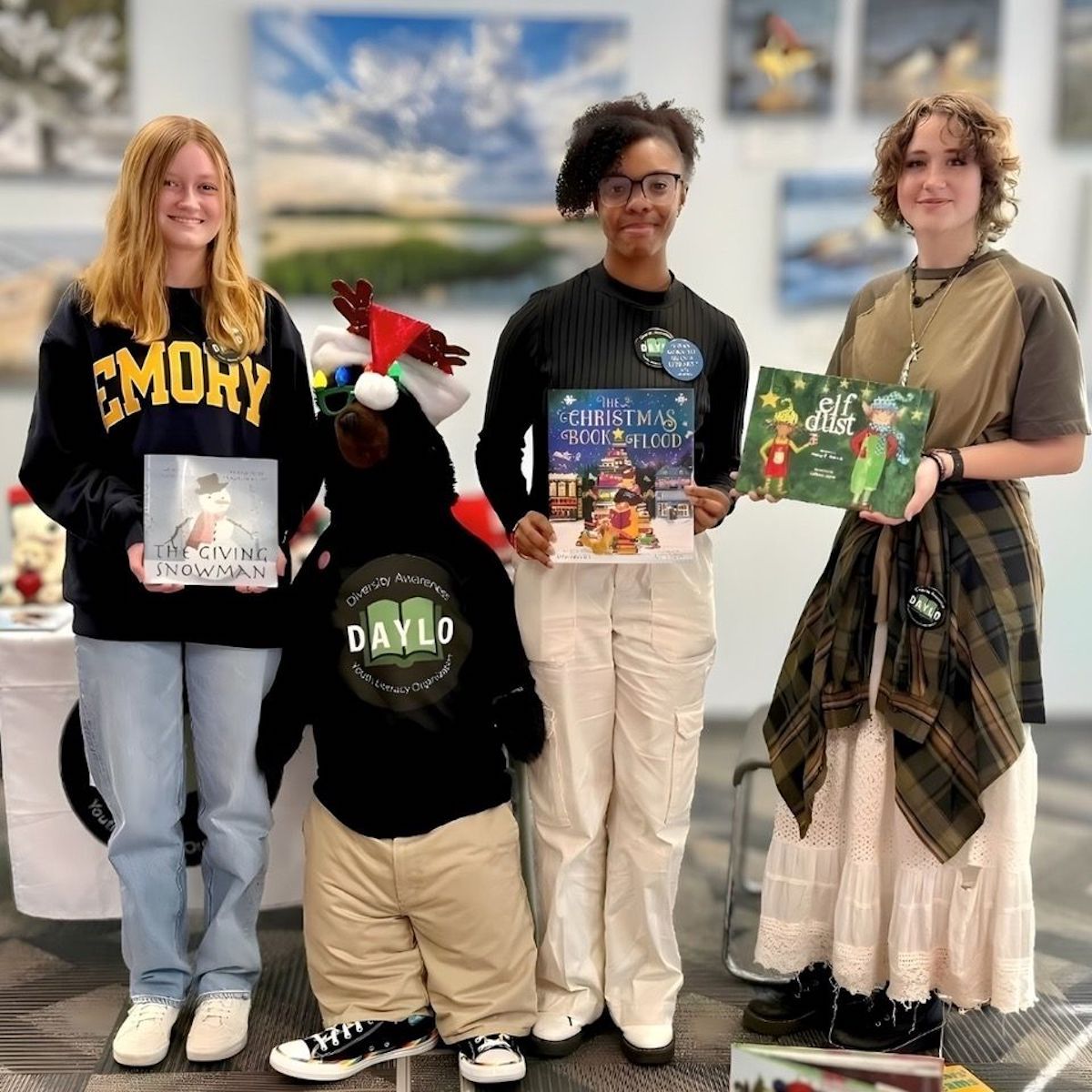The MET Opera Live in HD at USCB Center for the Arts
By Alan Schuster
In his own words — not his notes! — Mozart responded to a letter from a friend who asked him how he found inspiration to compose such great works. “When I am, as it were, completely by myself,” he wrote, “it is on such occasions that my ideas flow best and most abundantly. Whence and how they come, I know not; nor can I force them. Those ideas that please me I retain in memory. If I continue this way, it soon occurs to me how I may turn this or that morsel to account. All this fires my soul … and stands almost complete and finished in my mind, so that I can survey it like a picture or a beautiful statue … and I can hear them all at once.”

And in “Cosi Fan Tutte”, Mozart uses total recall to download about 35 arias, duets, trios, etc., most of which come and go in less than three minutes.
Act I, Naples: Two army officers, Guglielmo and Ferrando, are in love with two sisters, Fiordiligi and Dorabella, and are convinced that they reciprocate their passion. Alfonso, an older friend, wagers that the girls would betray them if given a chance. They accept the bet, giving Alfonso 24 hours to prove his point. Alfonso visits the sisters, telling them that the men must leave immediately for military duty. The couples say their sad farewells, much to the amusement of Alfonso. Despina, the sisters maid, is recruited by Alfonso to tell the girls that two Albanian gentlemen wish to meet them. They hesitantly agree and Guglielmo and Ferrando now arrive in disguise. Feigning deep love, the men are rebuffed and pretend to take poison. Despina, now disguised as a doctor, rushes in to save them.
Act II: The “foreigners” continue their efforts by courting each other’s girlfriend. Fiordiligi admits that her pursuer has touched her heart while Dorabella exchanges lockets with the other pretender. Uncertain they’ve done enough to win the bet, the men demand that marriage contracts be written. Enter Despina, this time as a lawyer. Contracts are drawn and a banquet is to be prepared. Now Alfonso tells the girls that their heroes have returned, hence another quick change as the men — Tweedledum and Tweedledee — pretend to learn that the girls are to marry two strangers. This only creates more confusion, and when Alfonso presents the marriage contracts as final proof, the women realize they’ve been duped and the men have lost their bets. Since all comic operas must have a happy ending, all is forgiven in a rousing finish.
The Music: After a bright overture, the opera begins with a tuneful duet by the young officers who brag about their faithful fiancees, leading them to accept Alfonso’s wager.
In the next scene, the sisters express similar lovesick feelings, only this time with more tenderness and close harmony. The plot is now set in motion when Alfonso brings them together in a stretch of almost 20 minutes of uninterrupted Mozartian magic, starting with the famous “Sento, o Dio” quintet (Courage fails me…), the first of several outstanding ensembles.
The couples exchange farewells as the men prepare to depart. Once aboard their ship, the sisters and Alfonso launch into a beautiful trio, “Soave sia il vento” (May soft breezes blow), in which they pray that the men will travel safely by gentle breezes and calm seas.
The final scene is another brilliant ensemble in which the officers return in disguise, vainly attempting to test the sisters’ faithfulness, calling out “Dammi un bacio”(Give me a kiss). It’s a breathless finish, not only for the performers but for audiences as well.
In Act Two, after the girls agree to a little flirtation with their “guests,” the first ‘odd couple’ — Guglielmo and Dorabella — join in one of the most tender pieces of love music that Mozart ever wrote, “Il core vi dono” (I give you my heart). Fiordiligi’s second superb aria, “Per pieta” (Please forgive me) is a showcase piece with wide-ranging runs and an exciting climax. Why, one wonders, did Mozart give the two best arias to the same soprano? Maybe it was because she was the mistress of the librettist, Lorenzo da Ponte.
The big finale consists of several sections which don’t connect very well, but simply follow one another, i.e. just a few more great tunes plucked from Mozart’s memory bank. There’s a military chorus hailing the couples; a famous Toast Quartet which one reviewer recently called “dreamy”; Alfonso’s victory lap; an inspired Forgiveness Quartet; and an ending with an up-tempo sextet about accepting life’s good times and bad.
Back then, critics considered the plot to be a “shocking and licentious work, trivial and artificial, preposterous situations, ridiculous intrigues, outlandish disguises,” just to name a few. As for the music: “All the music is good, and when it is very good, it is perfect.”
Cast: Fiordiligi, Susanna Phillips; Dorabella, Isabel Leonard; Ferrando, Matthew Polenzani; Guglielmo, Rodion Pogossov; Alfonso, Maurizio Muraro; Despina, Danielle de Niese.
“Cosi Fan Tutte” will be at USCB Center for the Arts on Saturday, April 26, at 12:55 p.m. Tickets: Adults $22; OLLI members $18; Students under 18, $15. All seats are assigned and the box office opens at noon, or call 521-4145.






